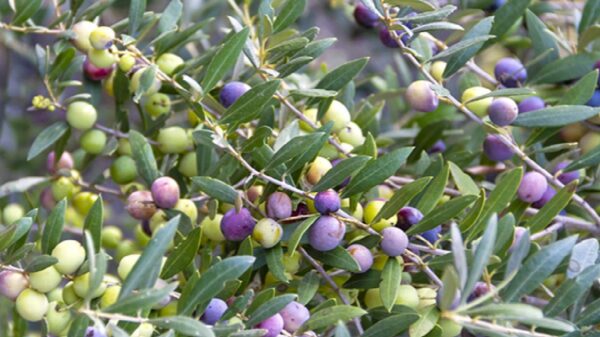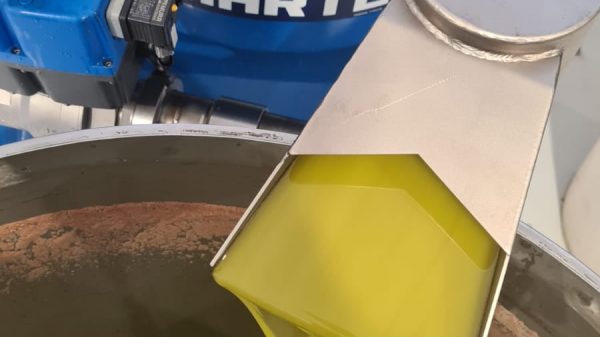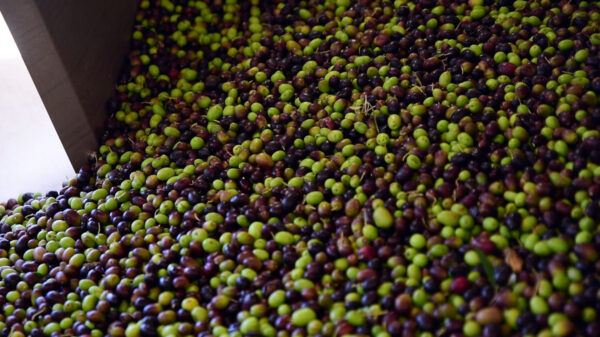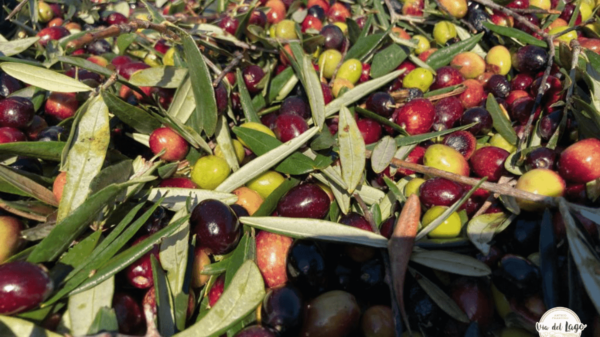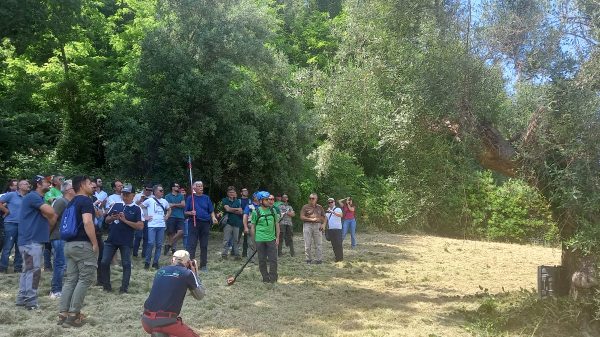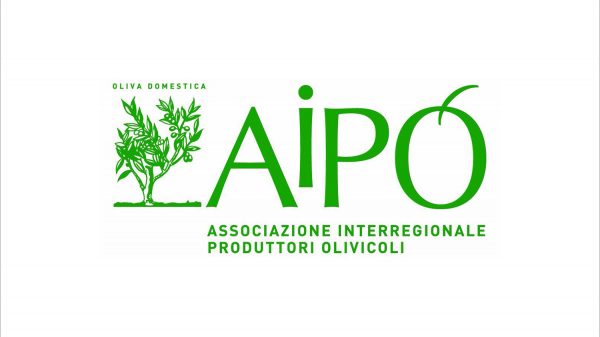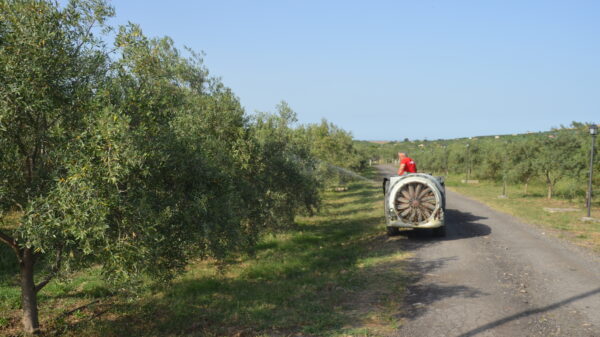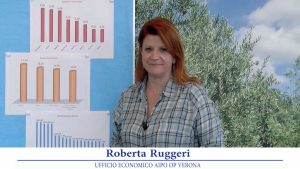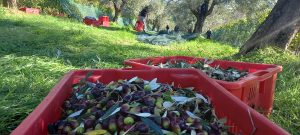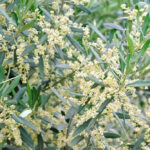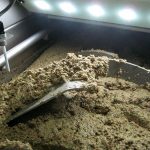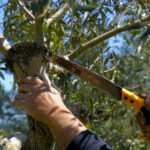 Among the Italian olive varieties, Coratina, Biancolilla e Nocellara from Belize sometimes they encounter problems when analyzing the total content of the sterols which it does not reach the minimum limit established by Reg. (EEC) 256891, that means 1000 mg / kg. This is mostly related to genetic-varietal characteristics; they can also influence certain environmental conditions, agronomic practices, year of production and degree of ripeness.
Among the Italian olive varieties, Coratina, Biancolilla e Nocellara from Belize sometimes they encounter problems when analyzing the total content of the sterols which it does not reach the minimum limit established by Reg. (EEC) 256891, that means 1000 mg / kg. This is mostly related to genetic-varietal characteristics; they can also influence certain environmental conditions, agronomic practices, year of production and degree of ripeness.
He highlighted it the professor. Maurice Servili (University of Perugia) at "Study day on total sterols in olive oil between past, present and future", organized by Sissg – Italian Society for the Study of Fatty Substances, held in recent days in Rome precisely to frame a problem that has become highly topical in recent times.
Servili presented the results of hundreds of multi-year studies existing in the scientific literature conducted in the Mediterranean basin which they examine monovarietal oil samples subject to analysis of the sterol fraction, highlighting how certain factors, in particular the genetic-varietal factor, influence the value of sterols resulting in values lower than 1000 mg/kg. Among them, as mentioned, the varieties where this problem has been encountered are three spearheads of southern olive growing, in particular that of Puglia on one side and Sicily on the other, such as Coratin, Biancolilla , Nocellara from Belize.
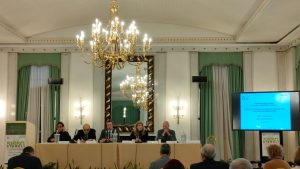 With the growing interest in monovarietal oils which have become a constant in quality olive growing and in order to protect the Italian DOPs where there is a very limited possibility of mixing oils of different cultivars, an attempt was made to sensitize the competent institutions towards a crucial issue that establishes the purity and genuineness of extra virgin olive oils.
With the growing interest in monovarietal oils which have become a constant in quality olive growing and in order to protect the Italian DOPs where there is a very limited possibility of mixing oils of different cultivars, an attempt was made to sensitize the competent institutions towards a crucial issue that establishes the purity and genuineness of extra virgin olive oils.
The sterol content, as known, is one of the purity index parameters of olive oils, and so is also a tool for highlighting any food fraud which can occur through alterations of the product with other vegetable oils. Moreover, the sanction regime, in these cases, is certainly not to be underestimated.
How to get out of this situation? Certainly with the need to review the current regulatory framework. But it is an operation that will take years: theItaly has already informed about the problem for some time both the COI that l 'XNUMX-XNUMX business days, without receiving feedback that could suggest a quick intervention. And in this, there were those who wanted to underline how this is due to the little specific weight that Italy has in the international olive-oil landscape.
From a scientific point of view, vice versa, the indication arrived on time: add other parameters – more effective and more performing – to measure the purity index of oils, such as the evaluation of stigmastadienes (dehydration products of sterols that are formed during the refining phase) e delta ECN42 which today are the two more effective methods for highlighting non-compliant oils.
On the same day, these issues were also discussed with the control bodies, such as theFraud Repression Institute (Icqrf) andCustoms agency, as well as technical representatives of the Ministry, the Coi,XNUMX-XNUMX business days, the Crea need producer associations.
The hope – he commented Lanfranco Conte, president of the Italian Society for the Study of Fatty Substances – is that the achievement of a better knowledge and awareness of the problem on the part of the competent authorities can lead to the identification of a temporary or definitive solution, which puts an end to a situation that strongly penalizes sectors of excellence of national production, evidently advantage of extra-national productions.
di
